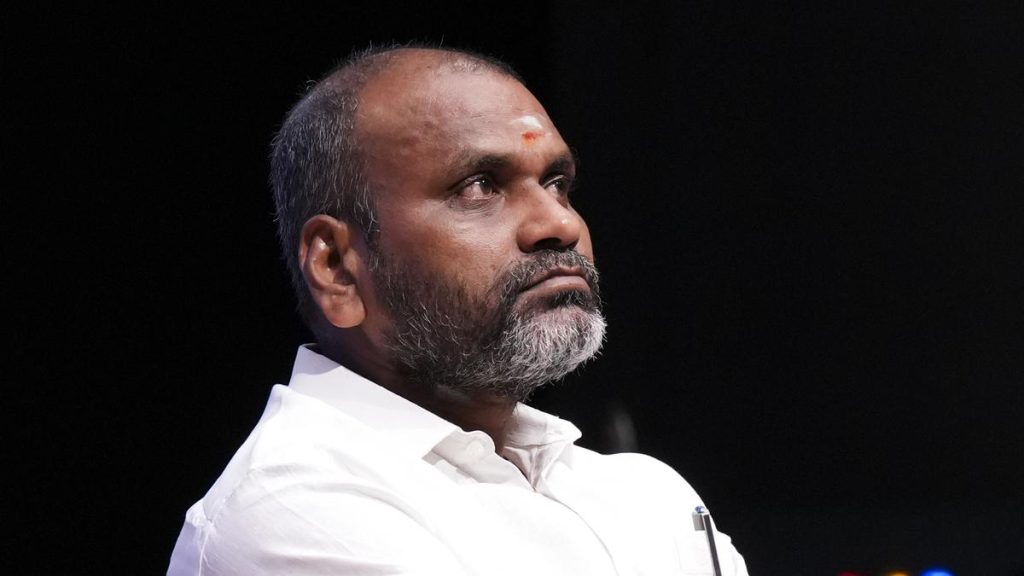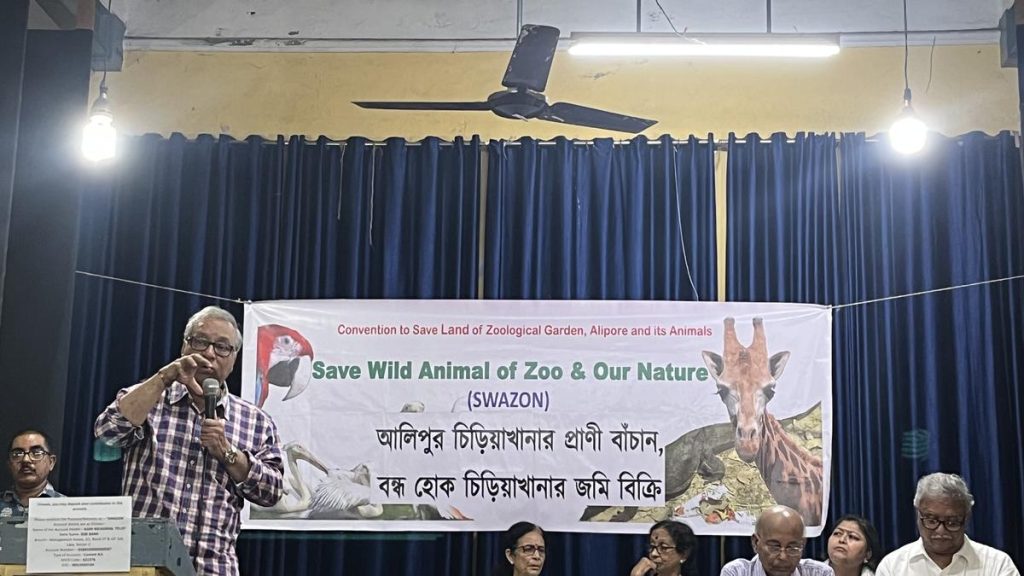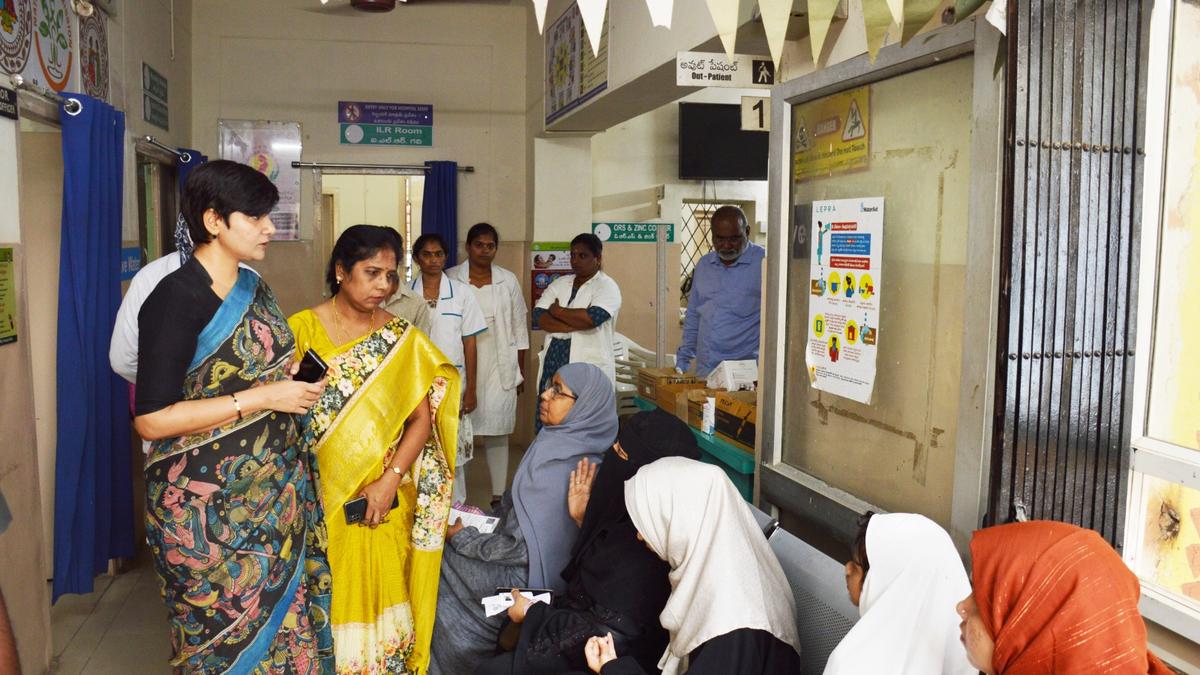Now Reading: Remedial Education Should Be Integral to Schooling System
-
01
Remedial Education Should Be Integral to Schooling System
Remedial Education Should Be Integral to Schooling System
Quick Summary
- Telangana Education Commission (TEC) hosted a consultative workshop on remedial teaching in schools in Hyderabad.
- The workshop emphasized that remedial education should be a core component of the school system for improving learning outcomes and ensuring equity and inclusion.
- TEC chairman Akunuri Murali highlighted structural challenges like multi-grade classrooms, a lack of focus on early education at Anganwadis, and issues with foundational learning as key problems.
- R. Venkat Reddy (MV Foundation) underscored the importance of creating inclusive, democratic learning environments tailored to students’ existing abilities.
- Ram Babu (Pratham) recommended implementing ‘Teaching at the Right Level (TaRL)’ methods to address foundational skill gaps based on Annual Status of Education Report (ASER) findings.
- Professors Shikha Takker and Mythili Sastry from Indira Mahindra School of Education stressed conceptual understanding in Mathematics and integrating remedial education into broader academic planning.
- Discussions included various strategies: time-bound vs. continuous support plans, short-term intensive interventions, use of tools like storybooks, volunteer tutors for welfare hostels, and embedding remediation within school systems.
Indian Opinion Analysis
The workshop highlights India’s ongoing challenge with basic literacy and numeracy skills among schoolchildren-a problem exacerbated by systemic issues such as inadequate early childhood interventions at Anganwadis. the call to make remedial instruction integral rather than supplemental aligns with national priorities like reducing inequities in educational access and outcomes.
Recommendations like applying TaRL frameworks suggest data-driven potential solutions but require strong policy alignment for scale-up beyond pilot programs. Meanwhile, debates around sustainability-whether remedial measures should be time-bound or continuous-reflect an adaptive approach geared toward tailoring solutions per region or institution type.
Ultimately, success depends on overcoming logistical hurdles: training teachers effectively while addressing systemic resource constraints such as teacher-student ratios in multi-grade classrooms. Bridging these gaps will likely define how far these recommendations translate into meaningful progress across all schools statewide.
Read more at The Hindu
























